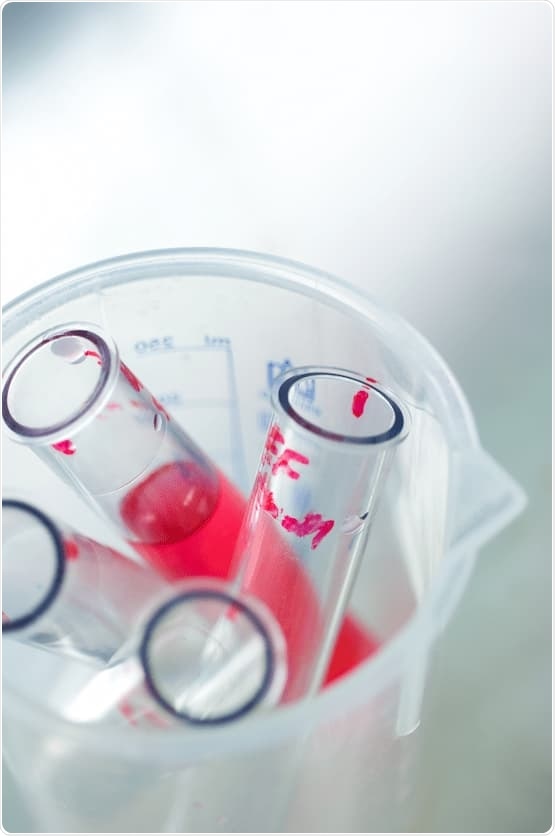Researchers from Monash University have discovered a potential new way to prevent antibiotic resistance and reduce antibiotic intake.

Image Credit: Monash University
The World Health Organisation (WHO) has declared antimicrobial resistance to be among the top 10 global public health threats.
Antimicrobial resistance occurs when pathogens (bacteria, viruses, fungi and parasites) change over time and no longer respond to medicines, consequently infections become increasingly difficult or impossible to treat.
The study, ‘A Polytherapy based approach to combat antimicrobial resistance using cubosomes’, published in Nature Communications, has found that the use of nanoparticles in combination with other antibiotics, is an effective strategy to improve bacterial killing.
The paper makes an important new contribution to the field of antimicrobial resistance, finding a new way forward to fight multidrug-resistant bacteria.
This is a stunning finding in how we deliver medicine and how the medicine we take impacts us in the future.”
Dr Hsin-Hui Shen, Study Lead Researcher
Dr Shen, of the Monash University Department of Materials Science and Engineering, and Professor Jian Li of the Monash Biomedicine Discovery Institute and the Department of Microbiology, have demonstrated that nanoparticle-based polytherapy treatments disrupt the outer membrane of superbug bacteria, and offer an improved alternative to the conventional use of loading the antibiotic within lipid nanoparticles.
“When bacteria becomes resistant, the original antibiotics can no longer kill them. Instead of looking for new antibiotics to counteract superbugs, we can use the nanotechnology approach to reduce the dose of antibiotic intake, effectively killing multidrug-resistant organisms,” says Dr Shen.
The WHO has confirmed that no new antibiotic has been discovered in the past 30 years, but globally there’s a crisis of antibiotics resistance which means that in the coming years, more people will die from basic infections because they have developed antimicrobial resistance.
The WHO says the cost of antimicrobial resistance to the economy is significant and without effective antimicrobials, the success of modern medicine in treating infections, including during major surgery and cancer chemotherapy, would be at increased risk.
For a long time nanoparticles have been used specifically as antimicrobial carriers, but the use of nanoparticles in polytherapy treatments with antibiotics in order to overcome antimicrobial resistance has been overlooked.
The use of nanoparticles-antibiotics combination therapy could reduce the dose intake in the human body and overcome the multidrug resistance.”
Dr Hsin-Hui Shen, Monash University, Department of Materials Science and Engineering
Research will now progress to the testing phase.
Source:
Journal reference:
Lai, X., et al. (2022) A polytherapy based approach to combat antimicrobial resistance using cubosomes. Nature Communications. doi.org/10.1038/s41467-022-28012-5.